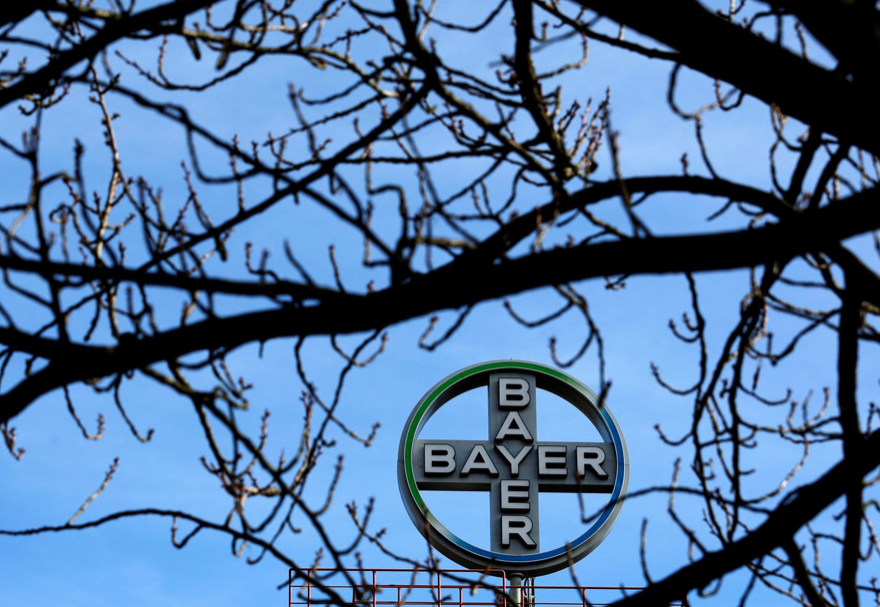Federal antitrust regulators have granted agribusiness giants Bayer and Monsanto permission to merge after the two companies agreed to spin off $9 billion worth of assets, the largest such sale of corporate assets ever required by the Department of Justice.
Under the proposed settlement filed Tuesday, Bayer will sell its seed and herbicide businesses to a third party, the German chemical company BASF, according to the Washington Post. It also will sell its emerging digital farming business as well as a range of intellectual property and R&D projects.
The targeted spinoffs are aimed at preventing Bayer and Monsanto from using their combined control over seeds and seed treatments to raise the price of agricultural products to farmers and consumers, Justice Department officials said. Just six companies, including Bayer and Monsanto, have historically dominated the global trade in seeds and agrochemicals.
The deal already has received approval from regulators in the European Union, Russia and Brazil, making the U.S. approval one of the last major hurdles.
“Receipt of the DOJ’s approval brings us close to our goal of creating a leading company in agriculture,” Bayer chief executive Werner Baumann said in a statement.
U.S. antitrust officials investigated the Bayer-Monsanto deal for more than a year, ultimately concluding that it could result in increased costs for the country’s agricultural sector.
“America’s farm system is of critical importance to our economy, our food system and our way of life,” Makan Delrahim, the Justice Department’s top antitrust enforcer, told reporters Tuesday. “America’s farmers rely on head-to-head competition between Bayer and Monsanto.”
In addition to eliminating a direct competitor in some lines of business, the deal as proposed would have led to Bayer gaining anticompetitive leverage in other markets, according to the Justice Department.
By merging with Monsanto, regulators found, Bayer would become a major supplier of corn seeds. After the merger, Bayer, which also sells a key insecticide to corn farmers, would have an incentive to raise the price of the treatment knowing that farmers would have fewer choices of seed suppliers, the government alleged.
Such concerns have grown more prominent as a result of a string of megamergers in the agricultural industry. Regulators last year signed off on mergers between DuPont and Dow Chemical, as well as ChemChina and Syngenta, concentrating global agrochemical research and sales in the hands of five companies.
The Monsanto-Bayer merger will further shrink that number to four, raising questions about the future of agricultural innovation. Economists at the U.S. Department of Agriculture said in a 2017 report that further mergers could disincentivize new research and development.
Bayer has defended the deal as the surest way to increase agricultural productivity as the world’s population grows, citing Monsanto’s advantage in plant genetics and Bayer’s portfolio of pesticides and other chemicals.
“Farmers will benefit from a range of new, superior solutions aimed at helping to advance the next generation of farming and to address some of society’s most pressing challenges,” the company says on a website advocating for the settlement.
The landmark settlement, if approved by a judge, would be a major victory for Delrahim, who was confirmed as President Trump’s assistant attorney general for antitrust issues last summer. Delrahim has argued that selling off assets is a more effective way to resolve anticompetitive mergers than forcing companies to abide by requirements that must be reviewed by regulators on an ongoing basis.
Tuesday’s settlement required close cooperation from the top executives of Bayer and Monsanto, said Justice Department officials, speaking on the condition of anonymity to discuss closed-door negotiations.
The chief executives of both companies traveled to Washington over the Easter holiday to be briefed about the government’s concerns with the deal, the government said.






